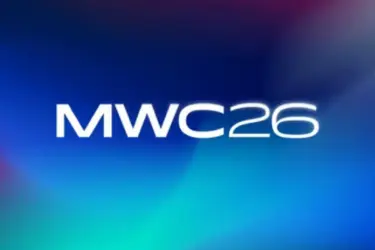While there are some pleasing developments of B2B e-commerce systems, both technologies, products and services, there are still quite a few flavours in existence, which will make interworking difficult. Compatibility between various systems is not a trivial problem, particularly as participants will have investments in their own data processing systems, which will not change in the foreseeable future.
Industry centred consortia are defining XML schema for common use within the communities, but these still have to be interfaced to a variety of in-house IT systems.
This is the real world. All is not perfect, nor is it simple! There is a lot of expectation from the IT industry that all other industries will leap onto the B2B bandwagon. It is widely predicted that B2B will be bigger business than the earlier consumer to business (C2B) systems. I am in fact prepared to believe this; EDI was a big success for the specialist services, so an equivalent for everyone, at lower cost is attractive. There are however some major hurdles to be cleared.
First companies must make contact with all their customers/suppliers to establish who can and who can’t partake. Some very large corporations can dictate to suppliers, but in the majority of cases there will have to be some give and take. Most companies will have to continue to operate with both B2B and conventional systems for some years to come. This is a significant overhead and some serious studying must be done to provide a business case for the investment. There is an assumption that smaller companies must participate or loose their customers, but that is only true when a critical mass has been achieved. It is difficult to predict when that will happen.
Secondly there is the potential to exploit the system to find new customers and suppliers. If the Internet based systems are effective then this will be a huge incentive to join. It will however be a severe problem because if everyone was connected then auctions and "robots" will force prices down and will bankrupt many companies. This could turn into a massive problem because there doesn’t seem any way that it can be regulated. It is particularly relevant in Europe, because it means that third world countries can easier compete in global markets.
Thirdly there is the technical problem. If it were only two companies involved then it would be relatively easy to agree on some standards, but as things develop and supply chain management becomes realistic, multiple companies will be involved. It is a good sign that industry – specific consortia are developing XML/schema for their member companies to use, easing the technical integration problem. However, there will be many companies who do not fit into one group or who wish to trade outside their group.
The solution to some of these problems is a common repository of information, both business and technical about companies. Another company could then search this to find partners and to ascertain whether they can cooperate on technical grounds. The good news then is that Microsoft, IBM and Ariba have defined a new "Web-publishing" standard to implement such a service. It is called Universal Description, Discover and Integration (UDDI), and already has support from Sun, CommerceOne, SAP, Compaq, et al. The authors have set up a cross industry advisory board and plan to turn UDDI over to a standards body (are Sun listing?) in 15-18 months time. The three leaders will all provide a free server to encourage companies to register. There is nothing to prevent other Service Providers setting up similar repositories for which they can charge if needed.
Drawing an analogy with telephone directories, the creators of UDDI have defined three levels:
- white pages – simple company contact information.
- yellow pages – these store details of specialised business information, such as locations and business sectors in which a company does business.
- green pages – these include the technical details needed to enable participant’s computer systems to interconnect and to interwork.
UDDI is important to the IT industry because it can be the catalyst that ensures that B2B takes off in practice.








